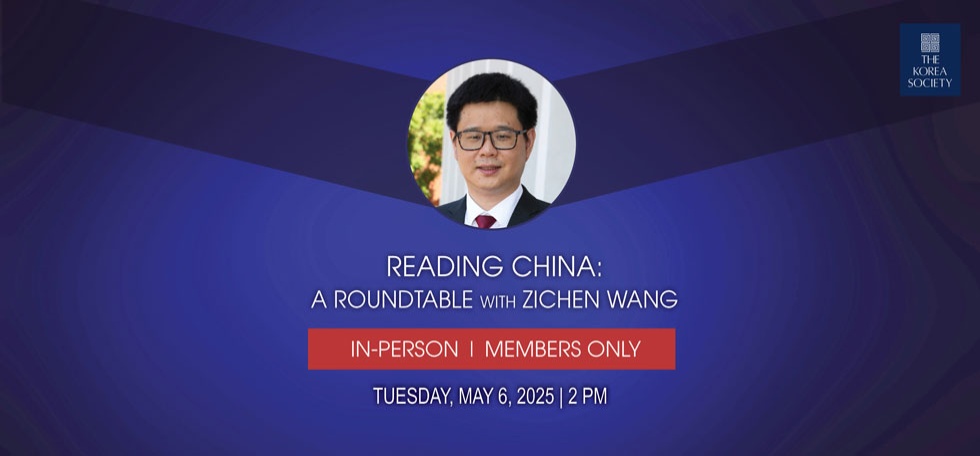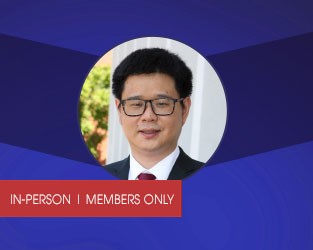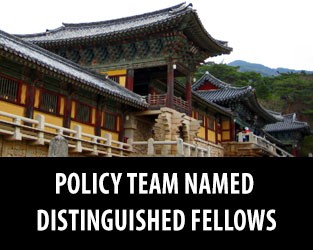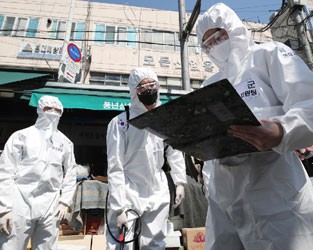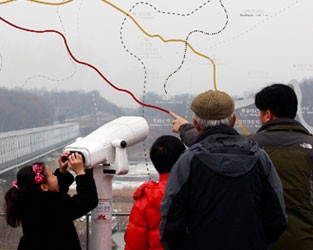![]()
Join us for a discussion on the Trump Administration’s economic security policy towards Asia with Navin Girishankar, president of the Economic Security and Technology Department at the Center for Strategic and International Studies (CSIS) and former Counselor to the U.S. Deputy Secretary of Commerce and Yeo Han-koo, former trade minister of the Republic of Korea and senior fellow at the Peterson Institute for International Economics. The moderator for the program is Korea Society president and CEO Tom Byrne. The discussion will cover US-China economic competition and its impact on Northeast Asian countries like Korea and Japan, plus: tariffs, international trade, and the impact on critical next generation technologies including semiconductors, EVs, and batteries.
This program is co-hosted by The APEC Study Center at Columbia University.

What to Expect: The Trump Administration’s Economic Security Policy on Asia
Friday, January 24, 2025 | 12 PM (EST)
The Korea Society
350 Madison Avenue, 24th Floor
New York, NY 10017
About the Speaker:
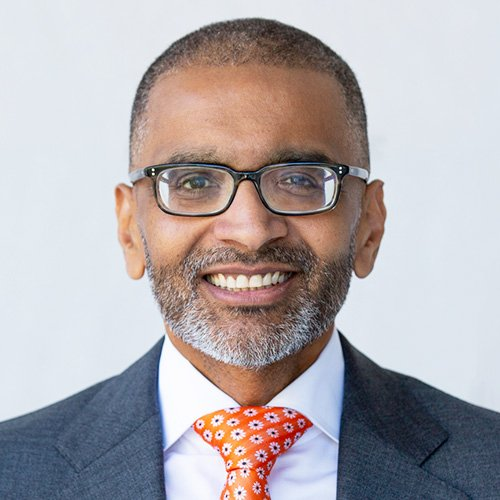 |
|
Navin Girishankar is president of the Economic Security and Technology Department at the Center for Strategic and International Studies (CSIS). He leads a bipartisan team of over 40 resident staff and an extensive network of non-resident affiliates dedicated to providing independent research and strategic insights on economic and technology policies and their critical role in competitiveness as well as national security. Prior to joining CSIS, Navin served as Counselor to the U.S. Deputy Secretary of Commerce on a wide range of domestic and international issues. In that role, he crafted the Department of Commerce’s place-based framework for industrial investments in chips, broadband, and other strategic technologies; its approach to U.S.-China economic relations; and U.S. economic diplomacy efforts with allies in the Indo-Pacific, Europe, and the Global South, including the U.S. commercial engagement strategy for the G7 Partnership for Global Infrastructure and the first-ever Department-wide Africa strategy. Navin also helped architect the Department’s national security approach to critical and emerging technologies and threats covering investment screening, export controls, and strategic capital deployment. Prior to his service in U.S. government, Navin held senior commercial roles at Bridgewater Associates, where he worked with founder Ray Dalio advising the largest institutional investors in the Middle East and Asia. Prior to his work in asset management, Navin spent over 20 years at the World Bank, where he held senior policy, country, finance, and evaluation roles. Over his career at the World Bank, Navin led a number of major initiatives including the Bank’s 2015 trade and competitiveness strategy, Expanding Market Opportunity and Enabling Private Initiative for Dynamic Economies; its 2011 flagship evaluation, World Bank Country-Level Engagement on Governance and Anticorruption; and the first-of-its-kind 2009 study, Innovating Development Finance: From Financing Sources to Financing Solutions. He also authored numerous articles and papers on economic, fiscal, and innovation policy; sustainable finance; governance and state-building; and evaluation. He holds a master in public policy from the Harvard Kennedy School and a bachelor of arts in economics with a minor in African and Middle East studies from Williams College. He is a percussionist in the Indian classical tradition and a student of various meditation traditions. |
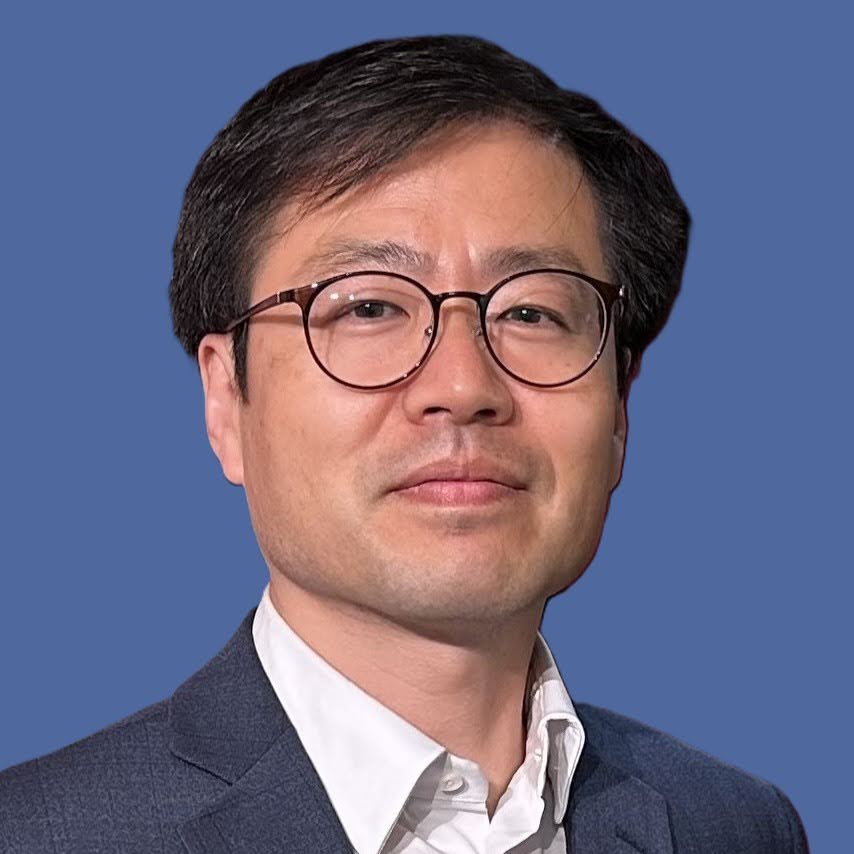 |
|
Yeo Han-koo, former trade minister of the Republic of Korea, has been senior fellow at the Peterson Institute for International Economics since June 2023. His research focuses on international trade policy, industrial policy, supply chain resilience, and economic security and international trade negotiations including the Indo-Pacific Economic Framework (IPEF) and the Comprehensive and Progressive Agreement for Trans-Pacific Partnership (CPTPP). Yeo completed almost three decades of public service as trade minister of the Republic of Korea in 2022, in the final year of the Moon Jae-in presidency. A veteran international trade negotiator, Yeo has been involved in a number of bilateral and multilateral trade negotiations, including as the chief negotiator for the Regional Comprehensive Economic Partnership (RCEP), Korea-UK Free Trade Agreement, Korea–Central America Free Trade Agreement, Korea-Indonesia Comprehensive Economic Partnership Agreement, and Korea-Philippines Free Trade Agreement. He was also an original participant in developing the Indo-Pacific Economic Framework for Prosperity. While serving as commercial attaché at the Korean Embassy in Washington, he was involved in amendment negotiations of the Korea-US Free Trade Agreement and Section 232 steel negotiations. As Korean minister of trade, he oversaw conventional trade negotiations, export controls, and investment screening. Yeo also led negotiations for Korea's export control measures against Russia in response to Russia's invasion of Ukraine. A graduate of Seoul National University, Yeo has served as visiting professor at the Seoul National University Business School, teaching international trade, negotiation, and economic security issues. Yeo holds an MBA from Harvard Business School and an MPA from Harvard Kennedy School. |

